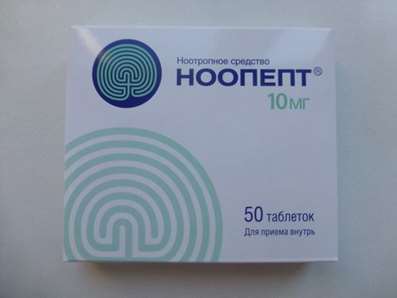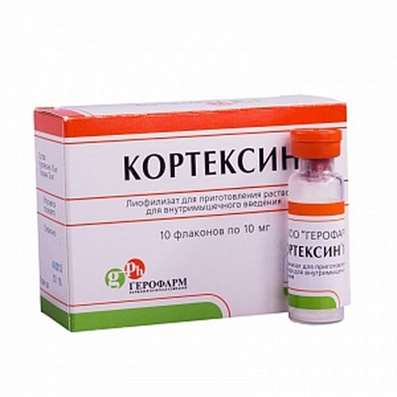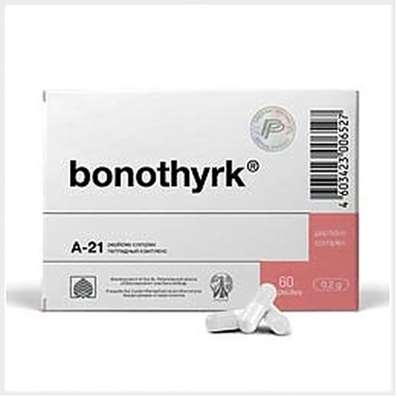Life span and effects of endogenous growth hormone in the body
18 May 2017
Somatotropin is produced by the pituitary gland and after only about half an hour, it dies. However, in just half an hour of his life, he produces in the body many changes and effects, both direct and indirect.
The direct effect of the action of somatotropin is a consequence of the fact that the growth hormone closely binds its receptors to the receptors of the target cells. Muscle cells, like fatty cells, have growth hormone receptors. Therefore, somatotropin joining fat cells, begins to stimulate them to cleave triglycerides and suppresses their ability to capture circulating lipids.
While the growth hormone reaches the liver, the stimulation, development and production of IGF-1 is initiated. Simultaneously with this process, the hormone begins production of chondrocyte (cartilaginous cells), which as a result leads to growth and strengthening of bones.
IGF-1 also partially affects both production and differentiation of myoblast (the original cells for the formation of skeletal muscle fibers). In addition, IGF-1 stimulates the accumulation of amino acids and protein synthesis in muscles and other tissues.
Also, somatotropin stimulates protein anabolism. This leads to an increase in protein synthesis, a reduction in protein oxidation and an increase in the absorption of amino acids. As mentioned earlier, Somatotropin accelerates the utilization of fats by stimulating the breakdown of fats into triglycerides and oxidation of fat cells.
It is important to note that somatotropin can affect the function of other hormones. For example, it successfully suppresses the function of insulin to stimulate glucose uptake in tissues and equally successfully fights with an increase in the synthesis of glucose in the liver. Thus, Somatotropin successfully maintains the necessary level of insulin in the liver.
It can be concluded: Somatotropin stimulates the production of insulin. If you abuse this growth hormone and do not adhere to the scheme of application, it can lead to an increased content of insulin in the blood (hyperinsulinemia). And as a result, a decrease in insulin sensitivity and hyperglycemia.
Somatotropin slightly inhibits the production of thyroid hormones. The influence of Somatotropin on the thyroid gland varies and is individual for each person.

 Cart
Cart





